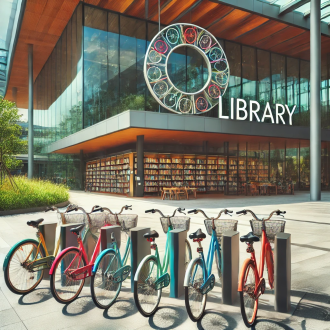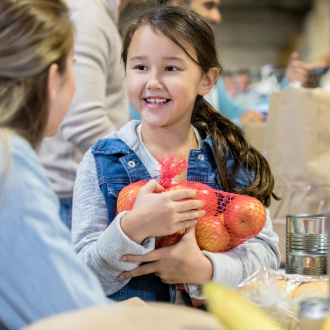Community Health and Safety
Public libraries play a vital role in fostering community health and safety by providing safe, inclusive spaces where people of all ages can gather, learn, and connect. They often serve as hubs for critical services, such as health literacy programs, special services, and access to information on public safety. By prioritizing these aspects, libraries help build stronger, healthier communities.

Safe Routes to Libraries
From 2024-2026, ULC and its national partners are engaged in a research and planning project to explore the feasibility of a national initiative to eliminate barriers to library access. By adapting proven strategies from the Safe Routes to School program, this initiative strives to help libraries collaborate with local partners to improve walkability, safety, and infrastructure, especially in underserved neighborhoods.

Libraries and Food Security
Today, over 38 million Americans (12 percent) live in households that struggle with food insecurity, including lack of access to affordable, nutritious food. As trusted community anchors with branch libraries located in distressed neighborhoods, public libraries are well-positioned to use their resources and relationships to create greater food security. This initiative seeks to research and develop a baseline understanding of the breadth of activities, programs, services and resources that public libraries currently provide in the areas of access to healthy foods, nutrition and healthy eating, provision of meals as well as identify the approaches that promote greater food security in local communities, especially targeting Black communities in rural, suburban and urban areas.
